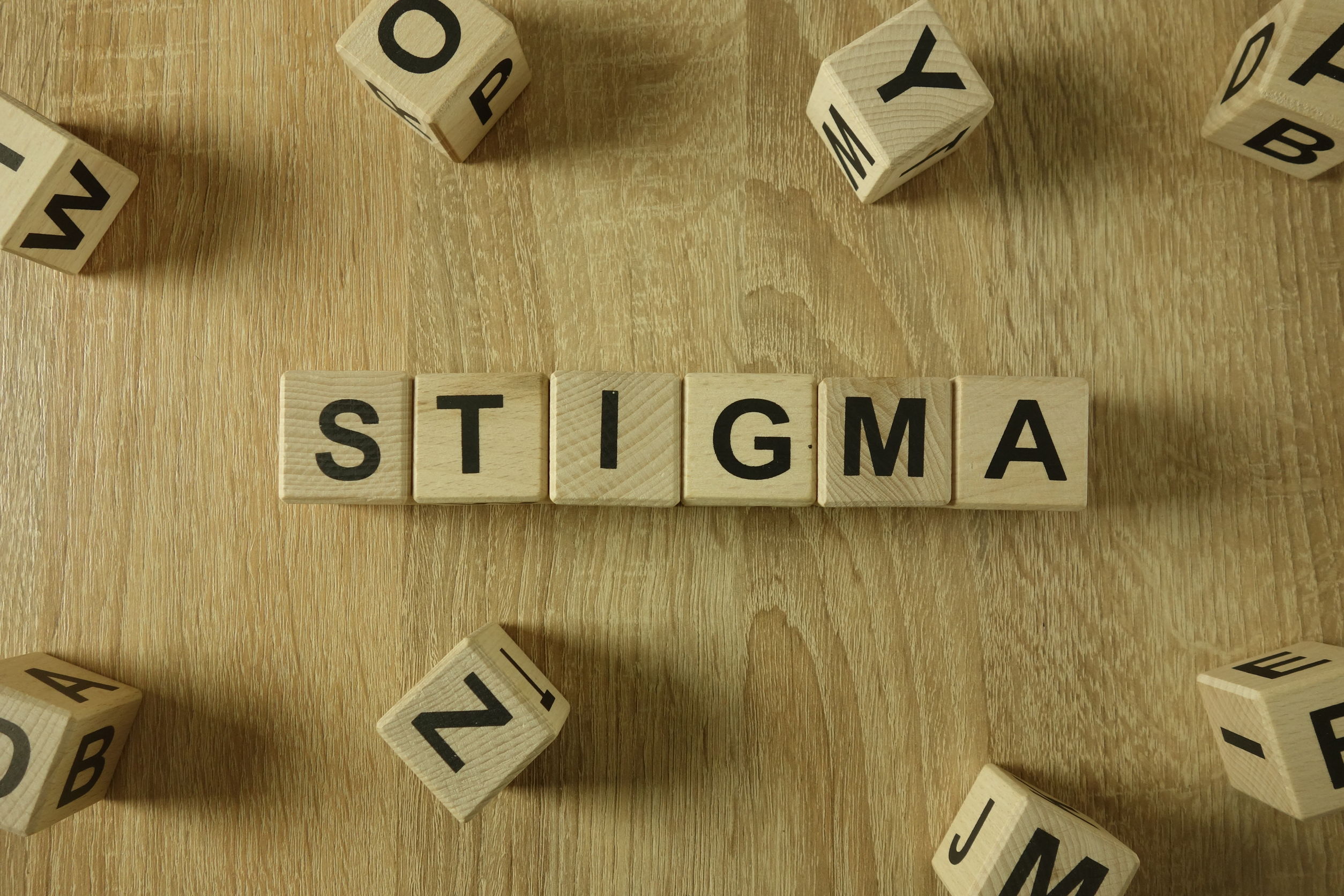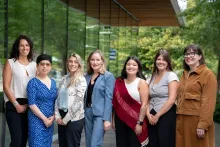
As we reflect on the first year of the COVID-19 pandemic, it’s important to remember that British Columbia is in the middle of another public health emergency. Five years ago, on April 14, 2016, BC declared a public health emergency in response to rising overdose deaths.
The dual public health emergencies have presented unprecedented risks for people who use illicit substances, resulting in a rise in drug poisonings and deaths since March 2020. No community in BC is untouched—overdose fatalities are occurring across the province, fueled by a combination of a toxic drug supply and untreated addiction.
Health professionals in BC have a critical role in reducing the risk of overdose by supporting people with substance use disorders—to connect them with the treatment and care they need to improve their wellbeing.
That’s why UBC Health formed a partnership with the BC Centre on Substance Use (BCCSU) to improve substance use and addiction education for health profession students at UBC. This will help ensure graduates enter practice with foundational training in substance use and addiction prevention, treatment, and recovery to accompany the knowledge, skills, and attitudes needed to support people who use substances.
“We have worked together to identify a number of priority areas to advance our education strategy,” says Liz Yue, Substance Use and Addiction Partnership Manager for UBC Health and BCCSU. “We’re also exploring opportunities across the research and systems portfolios of UBC Health.”
Liz conducted a curriculum scan across all 17 health programs at both UBC campuses to review what substance use and addiction content is being taught. She also conducted a survey with health profession students to gather their perspectives on that content. Informed by scan and survey results, UBC Health is currently collaborating with health programs to address any gaps in curriculum with existing BCCSU educational content and enhance learning with interprofessional opportunities.
The course helped me to build foundational knowledge of addiction treatment. I feel more confident when providing care to patients with substance use disorders, and I am more aware of my role as an advocate for better addiction treatment care in our province.
UBC Health is also enhancing substance use and addiction education by including voices of people with lived experience. Liz facilitated a collaboration between the Patient and Community Partnership for Education (PCPE, a unit within UBC Health) and BCCSU to develop a workshop on substance use and stigma. The workshop was part of PCPE’s Patient and Community Voices series where students learn directly from patients and community members who share their perspectives and expertise. Held in March, 26 students attended the virtual workshop and heard powerful stories from three individuals with lived experience.
Rit Charoenpanon, a first year student in the Doctor of Medicine program, attended the workshop and acknowledges the panelists’ passion for advocacy and helping the community to which they are connected.
“The most important thing I learned is that the recovery process is possible with collaboration and support. It was inspiring to see how far the panelists have come in their recovery, or in their advocacy from their losses,” says Rit. “I learned that there are things in the healthcare system, justice system, and education that need to change. Education on what addiction is and isn’t is very important in reducing stigma and getting support for needed funding for treatment and recovery services and clinical training opportunities for healthcare providers.”
UBC Health will also begin engaging with health programs to explore opportunities for collaborative clinical placements in substance use and addiction. The goals are to identify interested programs, practice sites, and preceptors as well as develop learning objectives, student and preceptor resources, and a pilot program.
I learned that there are things in the healthcare system, justice system, and education that need to change. Education on what addiction is and isn’t is very important in reducing stigma and getting support for needed funding for treatment and recovery services and clinical training opportunities for healthcare providers.
As the substance use and addictions education strategy is being developed, students—as well as practicing healthcare professionals who are keen to learn more about substance use and addiction—are encouraged to explore BCCSU’s comprehensive online education and training programs, which are free and CME accredited:
- Addiction Care and Treatment Online Certificate for healthcare professionals interested in learning more about providing care to patients with various substance use disorders. Topics include: treatment options for specific substance use disorders; overdose prevention and harm reduction; interventions; outreach and case management; and policy, legal, and ethical issues.
- Provincial Opioid Addiction Treatment Support Program for healthcare professionals prescribing medications to treat opioid use disorder. The course benefits all providers, including physicians, nurse practitioners, nurses, pharmacists, social workers, and counsellors.
- BC ECHO on Substance Use community of practice links primary care providers with interdisciplinary specialists through virtual, interactive, case-based education sessions on opioid and alcohol use disorders. The sessions aim to empower healthcare providers to screen and treat patients with substance use disorders in their own communities.
Nicole Ma is a fourth year pharmacy student at UBC and completed the Addiction Care and Treatment Online Certificate program. She feels there is value in providing substance use and addiction education to health students.
“The course helped me to build foundational knowledge of addiction treatment,” she says. “As a student, I feel more confident when providing care to patients with substance use disorders, and I am more aware of my role as an advocate for better addiction treatment care in our province.”
Posted April 14, 2021



